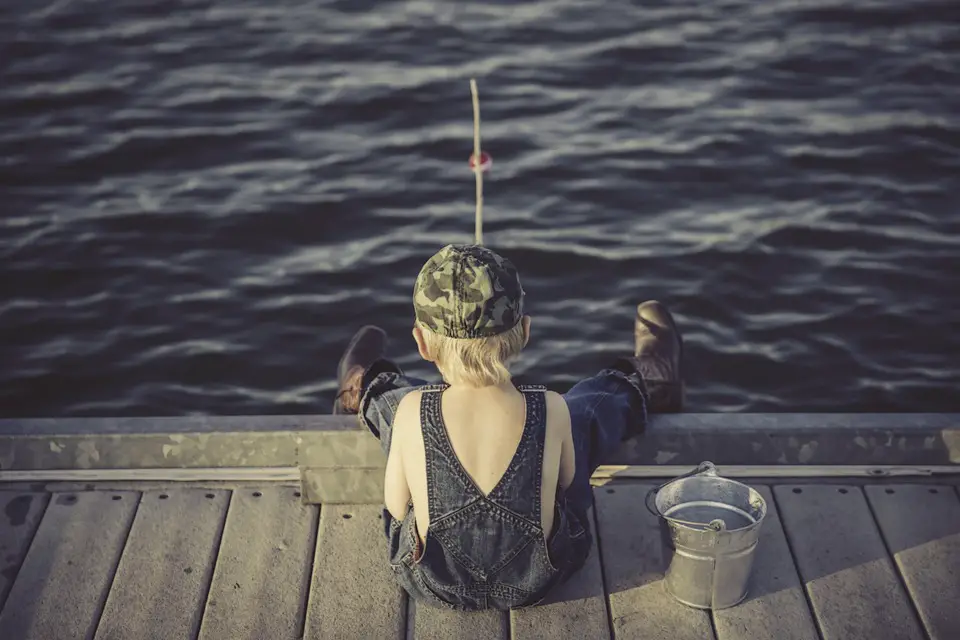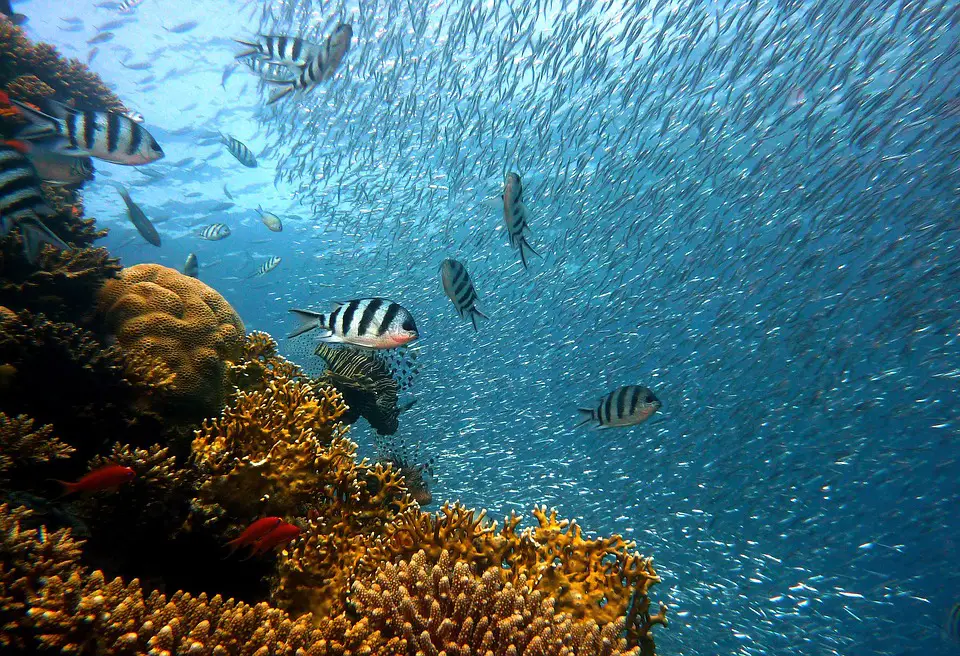For those looking to get started with fly fishing, it can be an overwhelming task to understand all the terminology, equipment, and techniques involved. However, with the right guidance and practice, anyone can become successful at this beloved pastime. In this guide, we will cover the essential tips that beginners need to know to start fly fishing.
Understanding Fly Fishing
Fly fishing is a unique form of angling that uses a lightweight lure called a fly to catch fish. Instead of using traditional bait or lures, fly fishermen rely on the weight of the fly line to cast the fly to the desired location. This technique requires practice and skill to master, but it can be incredibly rewarding once you get the hang of it.
Equipment Needed
Before you head out to the water, you’ll need to make sure you have the right equipment for fly fishing. This includes a fly rod, fly reel, fly line, leader, tippet, and flies. The weight and length of the rod will depend on the type of fish you are targeting and the size of the water you’ll be fishing in.
Fly Casting
One of the most important skills to learn in fly fishing is fly casting. This involves making smooth, controlled movements with the rod to propel the fly line and fly to your desired spot. Practice your casting technique on dry land before you hit the water to improve your accuracy and distance.
Tips for Beginners
Here are some essential tips for beginners to keep in mind while fly fishing:
| Tip | Description |
|---|---|
| Practice your casting | Consistent practice will help improve your casting accuracy |
| Use the right flies | Match the fly to the insects present in the water for best results |
| Learn to read the water | Look for signs of where fish might be hiding, such as rocks or vegetation |
| Be patient | Success in fly fishing takes time and practice, so don’t get discouraged |
Conclusion
With dedication and practice, anyone can become successful at fly fishing. Remember to research and ask for advice from experienced anglers to continue improving your skills. Happy fishing!
Frequently Asked Questions
-
- What is the best time of day to fly fish?
The best times to fly fish are early morning and late evening when fish are most active.
-
- How do I choose the right fly rod?
Choose a fly rod based on the type of fish you’ll be targeting and the size of the water you’ll be fishing in.
-
- What are the different types of flies?
There are various types of flies, including dry flies, nymphs, streamers, and wet flies.
-
- How do I tie a fly to the tippet?
Practice tying knots such as the improved clinch knot or the double surgeon’s knot to secure the fly to the tippet.
-
- Can I fly fish in saltwater?
Yes, fly fishing can be done in saltwater for species like bonefish, tarpon, and redfish.
-
- How do I choose the right fly line?
Choose a fly line based on the weight of the fly rod you’ll be using and the type of fishing you’ll be doing.
-
- What is the best way to practice casting?
Practice casting on water or open fields to improve your technique.
-
- How do I know if I’m using the right fly for the fish I’m targeting?
Observe the insects present in the water and match your fly to mimic them for optimal results.
-
- What should I do if I get a bite while fly fishing?
Feel the pull of the fish and set the hook by lifting the rod quickly while maintaining tension on the line.
-
- How can I improve my fly fishing skills?
Attend workshops, watch instructional videos, and practice regularly to enhance your fly fishing abilities.
By following these essential tips and guidelines, you can set yourself up for success in the exciting world of fly fishing. Remember, practice makes perfect, so don’t be discouraged if you don’t catch a fish on your first outing. Happy fishing!

